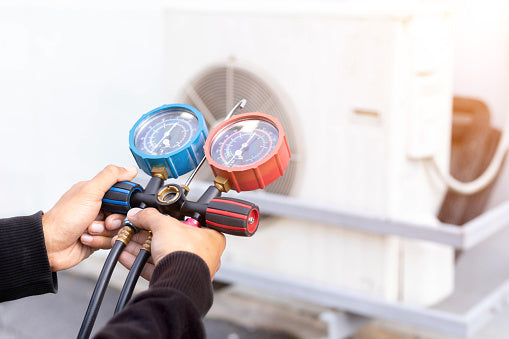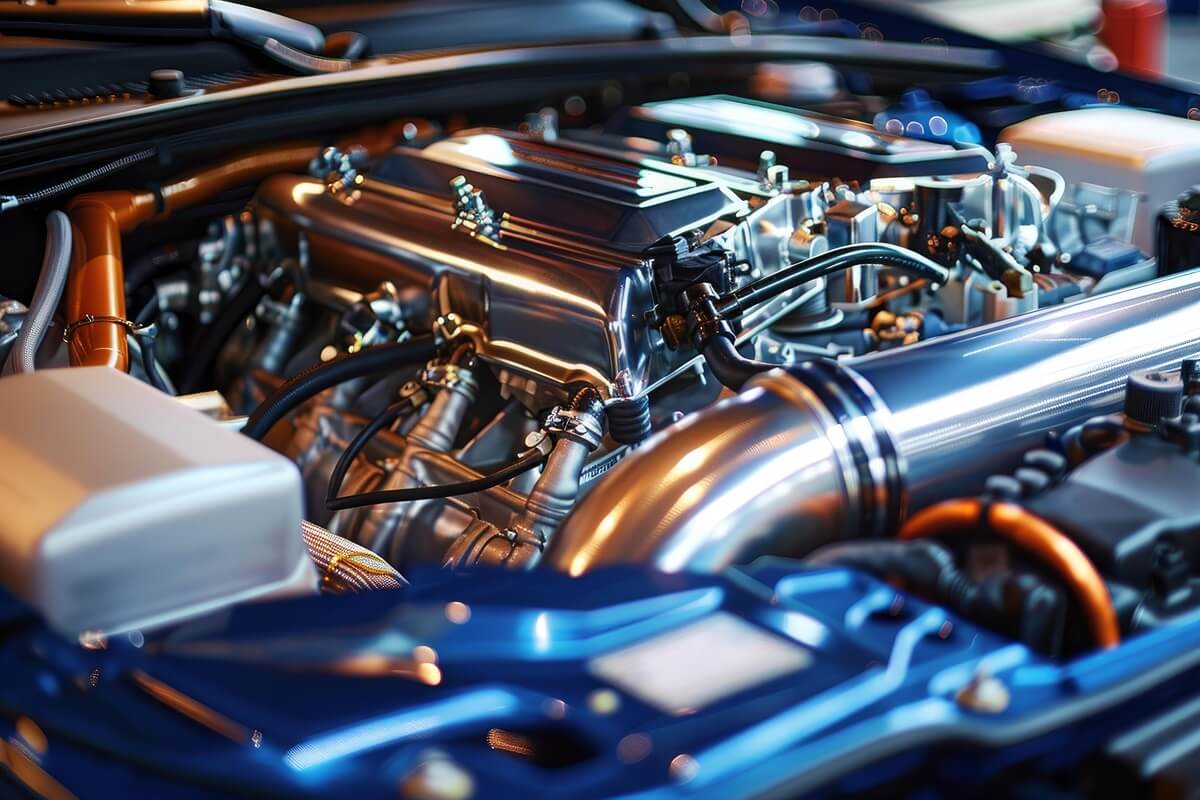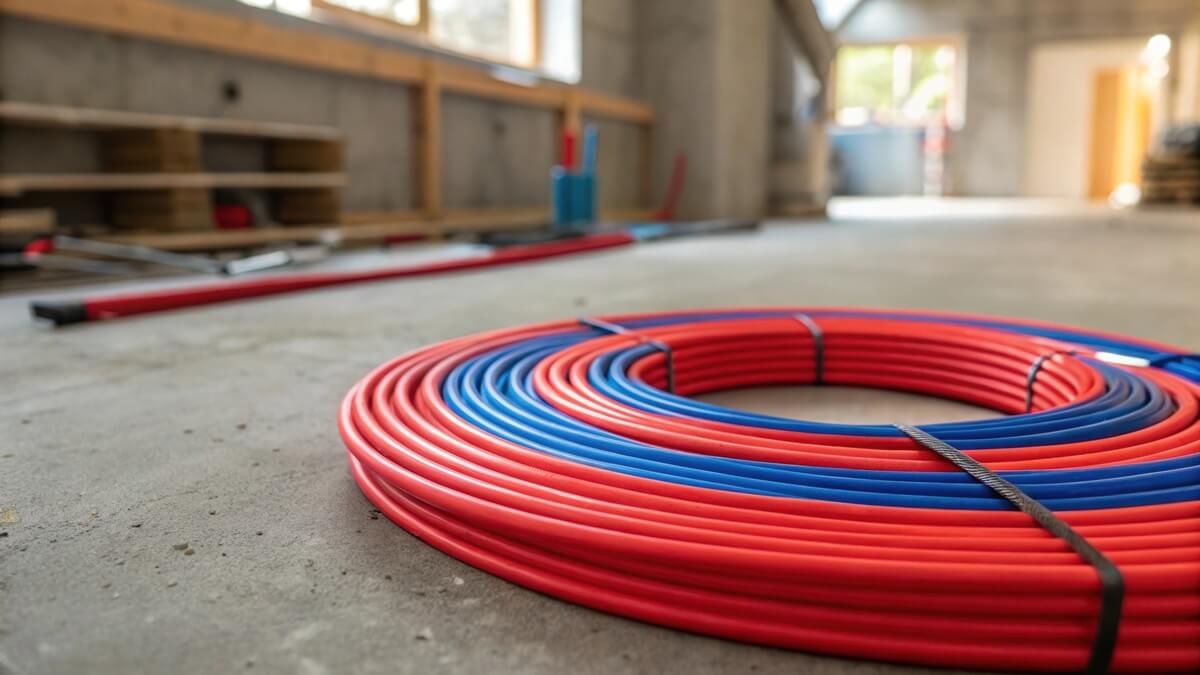An average boiler's normal lifespan is around 20 years. However, vendors recommend inspecting the equipment once a year to ensure there are no severe issues. Don't get too worked up over the high expense of replacing your boiler if you just found it leaking water. There are still a few options for resolving the problem.
Old boilers may require a few minor adjustments to function normally. The boiler might leak because of problems in valve fitting, ball valve fitting, and others. Water leaking out of your boiler might also sometimes be a symptom of a larger problem.
What to Do If the Boiler is Leaking?
If the boiler is leaking water, the first step should be to find all of the leaks and use a bucket or container to stop the leak from harming your floor, and wipe any spilled water caused by the leak of the boiler. It's also worth checking to see whether tightening the fitting stops or slows the leak. The next actions are to cut off the water supply and the heating system. To take care of the situation, you need to call a gas-safe authorized expert.
Common Causes Of Boiler Leak
Corrosion, poor water line connections, a broken seal, or a malfunctioning valve and fittings of the pump are the most common causes of boiler leaks. Before beginning repairs or hiring a repair firm, it is important to attempt to determine the source of a leak to save time and money. If your boiler is gas-powered, however, you should contact a professional right once to get it repaired. Natural gas boilers are extremely hazardous and should only be maintained by a trained technician. You should also turn off the gas and water supplies to your boiler if you spot a problem with your gas boiler.
- Pressure Valves - A boiler's typical pressure is between 18 and 20 PSI. So, because the boiler operates at pressures more than 21 PSI, some leaks occur. Boiler pipe valves and fittings are intended to relieve pressure in order to prevent producing an explosion by releasing water on purpose. The collection of silt, which keeps the pressure valve from shutting and raises pressure on the boiler, is the most common cause of faulty pressure with boilers.
- Corrosion - Another common problem in boilers is corrosion. Corrosion happens as a result of the boiler's deteriorated state as a result of regular contact with water of various temperatures. Corrosion erodes the tube fitting valves of pipelines and tanks over time, resulting in leaks. Corrosion usually manifests itself in a valve or pipe that may be readily replaced. Failure to address corrosion concerns as they arise, on the other hand, might result in serious damage to your boiler.
- Pipe Fitting Issues - Another vulnerable place in boilers is the pipe fittings. Unfortunately, pipe fittings are sometimes placed improperly, resulting in leaks. The pipe fittings can generally be reinstalled appropriately by a heating technician. However, depending on when the leaks are discovered, the damage may be too severe, necessitating pipe repairs or completely changing the pipes of the boiler.
- Auto-Air Vent - In case the pressure of the boiler becomes too high, it will automatically switch to an auto-air vent to let this pressure escape. To allow air escape, this vent inside the boiler has a valve that opens and shuts. When the valve fitting of this auto-air vent becomes stuck, the air vent will let out both air and water. If you believe your water leak of the boiler is coming from the top of your boiler, the issue might be due to a leak in the auto-air vent.
Boiler leaks can be caused by a variety of factors, both simple and complicated, but they all demand quick treatment. All boilers degrade with time and require regular maintenance to ensure that they last the anticipated lifetime.
When it comes to doing it yourself repairs for boilers, remember to always be cautious. A loose joint is a simple do-it-yourself exercise, but significant issues, such as broken heat exchange, require the assistance of qualified specialists.




